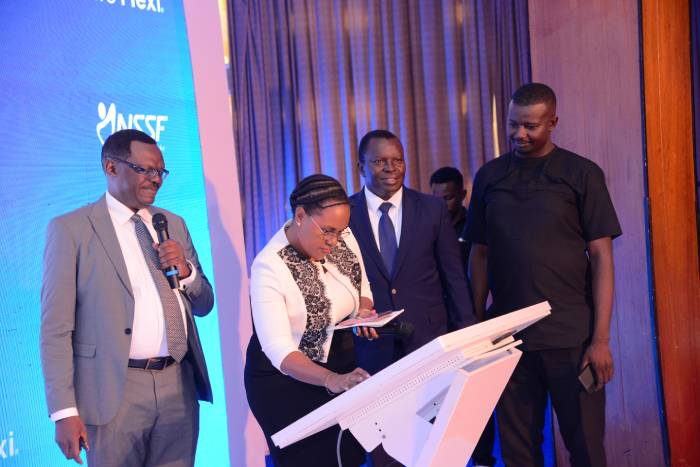Dealing with workplace back pain, injury
- Health
executivewatch
- June 6, 2023
- 0
- 3 minutes read

Dr. Daniel Arafet Daril
Heavy lifting, repetitive movements and sitting at a desk all day can take a toll on your back. Get the facts about back pain at work and how to prevent it.
Whether it’s dull and achy or sharp and stabbing, back pain can make it hard to concentrate on your job. Unfortunately, many occupations — such as nursing, construction and factory work — can place significant demands on your back. Even routine office work can cause or worsen back pain.
The causes
Exerting too much force on your back — such as by lifting or moving heavy objects — can cause injury; repeating certain movements, especially those that involve twisting or rotating your spine, can injure your back and inactive job or a desk job can contribute to back pain, especially if you have poor posture or sit all day in a chair with inadequate back support.
Of course, factors such as aging, obesity and poor physical condition can also contribute to back pain. While you can’t control your age, you can focus on maintaining a healthy weight, which minimizes stress on your back.
Start by eating a healthy diet. Make sure you get enough calcium and vitamin D. These nutrients can help prevent a condition that causes your bones to become weak and brittle (osteoporosis). Osteoporosis is responsible for many of the bone fractures that lead to back pain.
Combine aerobic exercise, such as swimming or walking, with exercises that strengthen and stretch your back muscles and abdomen. Exercises that increase your balance and strength can also decrease your risk of falling and injuring your back. Consider tikondo, yoga and weight-bearing exercises that challenge your balance.
For most healthy adults, medical experts recommends at least 150 minutes a week of moderate aerobic activity or 75 minutes a week of vigorous aerobic activity — preferably spread throughout the week — and strength training exercises at least twice a week.
If you smoke, quit. Smoking reduces blood flow to your lower spine, which can contribute to spinal disk degeneration and slow healing from back injuries. Coughing associated with smoking can also cause back pain.
The other general advice is that if you must sit for a prolonged period, change your position often. Periodically walk around and gently stretch your muscles to relieve tension.
Examine your work environment and address situations that might aggravate your back. Even simple steps can help prevent back injury and pain.
Join us for a free Orthopedic Spine and Joint camp scheduled to take place from the 5th of June – 11th of June. Come speak to a specialist at no cost and get 25% discount off diagnostics at UMC Victoria Hospital located In Bukoto, opposite Biplous.
Dr. Daniel Arafet Daril works at WMC Victoria Hospital





